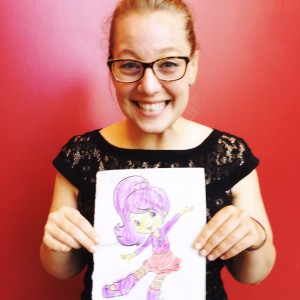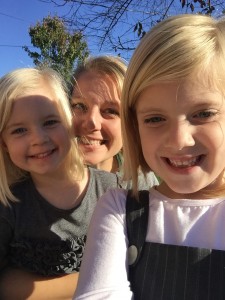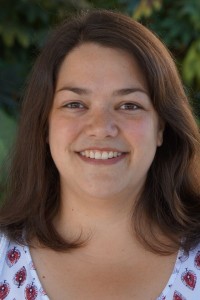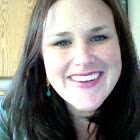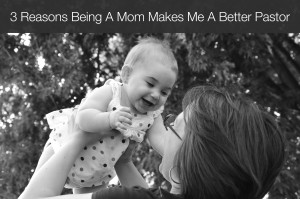Jo Ann Deasy is an ordained Covenant pastor currently serving as the director of institutional initiatives and student research at the Association of Theological Schools in Pittsburgh, PA.
Did you know that women seminary students incur more educational debt than male seminary students? Despite the fact that male and female seminary students bring with them almost the same amount of undergraduate debt, women students incur more debt while in seminary. This is despite the fact that women students are more likely to be enrolled in shorter degree programs.
Educational Debt Incurred While in Seminary
| Men | Women | |
| Less than $10,000 | 59% | 49% |
| $10,000 to $39,999 | 22% | 22% |
| More than $40,000 | 20% | 29% |
| Grand Total | 100% | 100% |
Source: Association of Theological Schools Graduating Student Questionnaire, Spring 2015
The numbers are even more drastic for African American Women students 58% of whom will incur more than $40,000 in educational debt in seminary verses their African American male (47%) or their white female (21%) counterparts.
Why the great disparity in debt levels? I currently serve as director of institutional initiatives and student research at the Association of Theological Schools, the professional organization of most theological schools in the United States and Canada. In my role, I have been wrestling with statistics regarding women seminary students seeking to understand this and other disparities between male and female students. I don’t have any certain answers, but here are a few observations.
While more women are enrolling in shorter degree programs such as the Master of Arts in Christian Ministry or the Master of Arts in Christian Education, these degrees are less likely to be eligible for full- or partial-tuition scholarships, many of which are geared towards the Master of Divinity degree which is generally considered the primary degree to prepare people for pastoral ministry.
Women are also less likely to have a clear sense of call when they enter seminary. This is especially true for evangelical women students. While reasons for this may differ among women, it seems to me that this larger trend must somehow be connected to the mixed messages women receive from church and society about their potential to serve as pastoral leaders in the church. During my time as Dean of Students at North Park Theological Seminary, I witnessed many women who came to seminary with some sense of call, but with no clear direction. It was only once in seminary, among a community that fully advocated for their role as pastors, and often after experiencing affirmation for their pastoral skill in an internship or CPE program, that these women were able to even consider and eventually to embrace their call to pastoral ministry.
Again, scholarships for those entering seminary often privilege those who have a clear sense of call before coming to seminary, who have been in churches that will nurture and then commend that call to seminary admission’s committees.
Does the uncertainty of churches regarding a women’s call to pastoral ministry then also contribute to the inability of women to find meaningful work and economic support while they are in seminary?
What does all of this suggest? First, it reminds us why the topic of Biblical Gender Equality still needs to be addressed and why the conversation needs to continue to include reflections on issues of race and class as well. Second, it challenges the church to consider the cost of remaining silent when they see women called to ministry and to consider how they might provide financially for women both embracing and struggling with call. Finally, it calls denominations and seminaries, anyone who funds theological education, to consider how scholarships might be privileging certain people based on gender or race because of the cultural complexities for not white men who are called into ministry.

